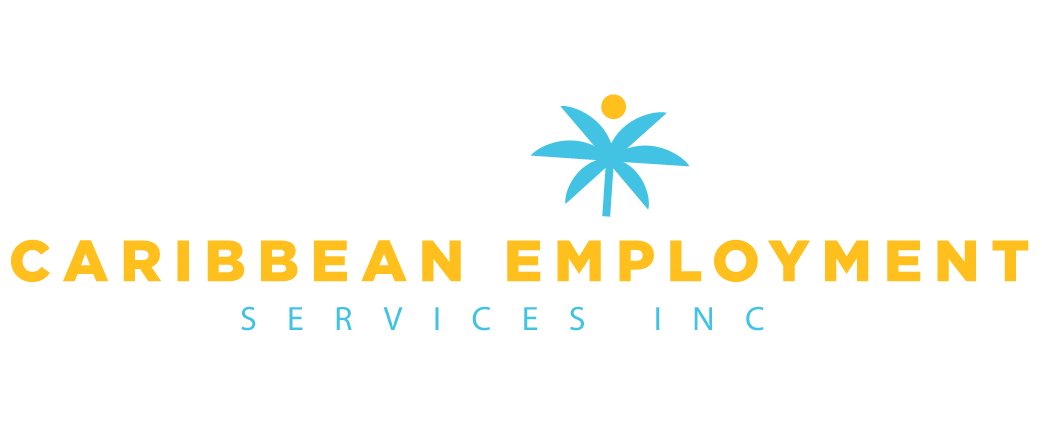KINGSTON, JAMAICA — While Jamaican women are represented in schools, on jobs, and even in Parliament, they still face inequality of pay and support.
This is according to an International Monetary Fund (IMF) Article IV Consultation and Review with Jamaica conducted just this year.

Jamaica's gender unemployment gap is average.
The IMF has recently published a series of its reports on consultations with various Caribbean countries. It routinely conducts these consultations with countries around the world to assess the economic progress in each respective nation.
In Jamaica, the IMF asserted that “the closing of gender gaps could have positive effects on growth and inequality.”
“Jamaica ranks at the Caribbean average in terms of gender employment gap, representation of women in parliament, and secondary school enrollment,” the IMF noted.
This comes as records from the Statistical Institute of Jamaica (STATIN) have shown consistently decreasing unemployment rates hot off the heels of the COVID-19 pandemic.
Jamaica has been one of the countries that rebounded from the pandemic faster and stronger than many international organizations anticipated. This has been driven in part by its widely successful services sector, which includes the country’s well-established call centers.
Gender inequality persists
Despite the positive outlook for women in terms of representation, the IMF also said, “Jamaica ranks poorly on equality of pay and support for parenthood.”
“A more comprehensive parental leave program and investments in education and training could increase women’s labour force participation — women labour force participation rate is 12 percentage points below men — and lessen gender inequality.”

More care support could help promote equality.
The IMF is not the first organization to call attention to the lack of support for Jamaica’s working women.
In a 2022 report, the Caribbean Policy Research Institute (CAPRI) acknowledged that Jamaica women account for a large portion of the country’s paid and unpaid labour.
For unpaid labour in particular, Jamaican CAPRI found that Jamaican women are expected to carry the brunt of the burden in taking care of children and other relatives — unpaid labour the organization estimated to be “twice the value of agriculture” in the country.
In a separate report, CAPRI also suggested that Jamaica’s labour force participation and performance could improve if more companies were willing to adopt flexible work methods.
That report made a link between lack of adequate support for parenthood and low productivity on the job, as workers were preoccupied with taking care of their families. The benefit of more parental support, as the IMF is now suggesting, aligns with CAPRI’s earlier findings.
With regards to the IMF’s recommendation for more equal pay, research has found that while Caribbean women tend to be employed, most are employed in entry-level positions rather than in high-paying, decision-making roles.
For instance, in 2023, the Inter-Development Bank (IDB) found that Caribbean women, in general, outperformed men in most working environments, yet were largely kept from top-earning roles like senior managers and C-suite executives.
Find the latest jobs in the Caribbean via Caribbean Employment Services Inc.










